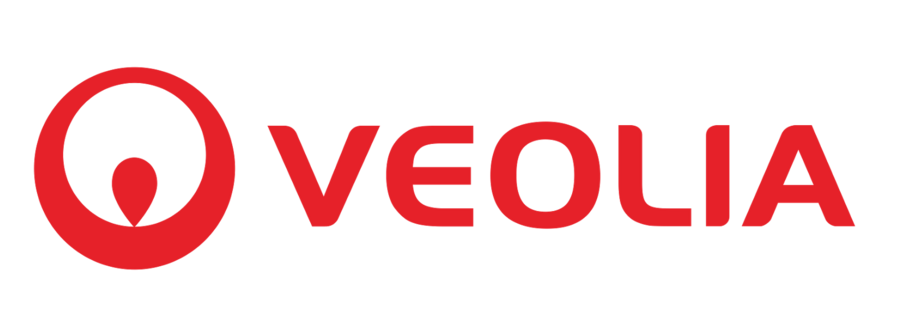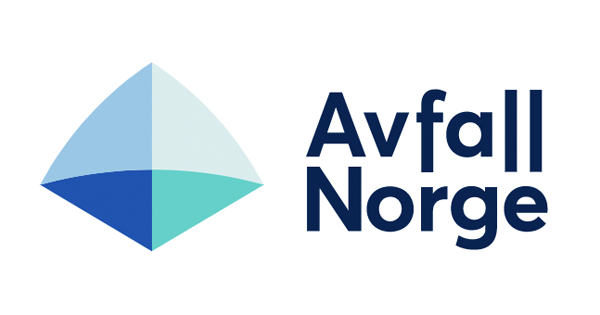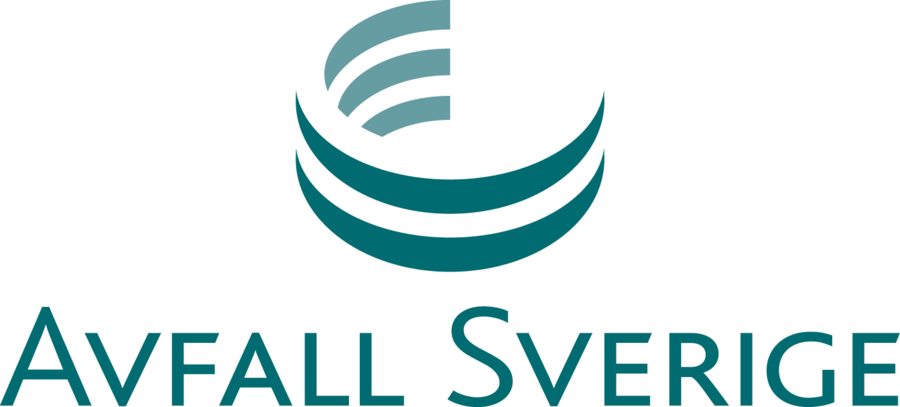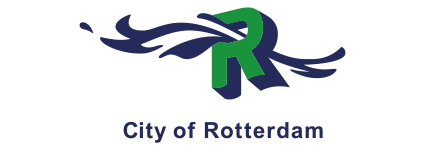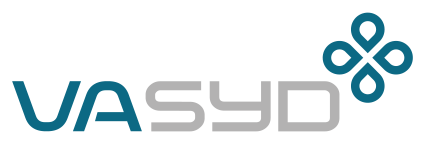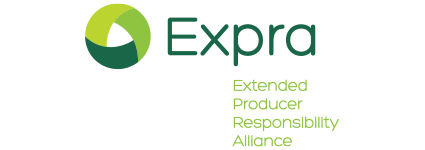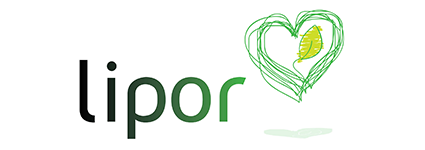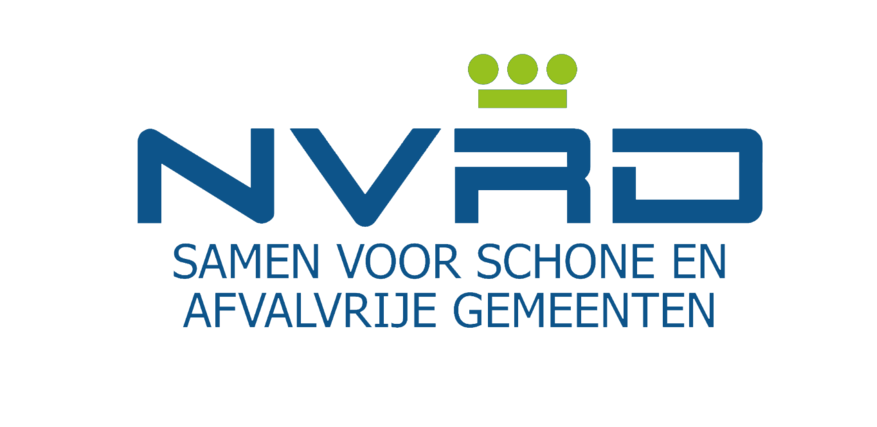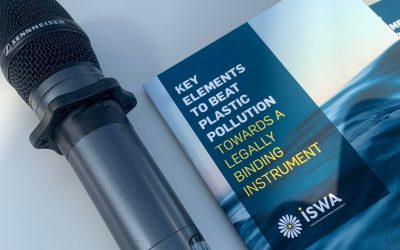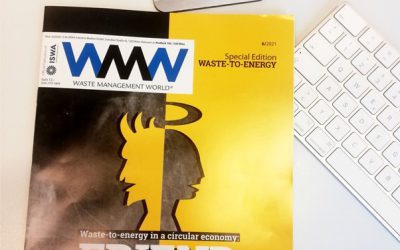
The ISWA Task Force on Marine Litter was formed in the beginning of 2017 and the Terms of Reference were approved by the ISWA’s Scientific Technical Committee in April 2017.
The Task Force is the first working body within ISWA that publicly invites others to support the work, either as a partner, a website sponsor, or as an individual supporter.
The project ended in 2022, with a closing event in Rotterdam, the Netherlands. All project outputs have been made publicly available.
Project deliverables
About: Marine Litter
Marine litter, sometimes referred to as marine debris, is defined as any persistent solid material that is manufactured or processed and directly or indirectly, intentionally or unintentionally, disposed of, discarded or abandoned into the marine environment – a lake, sea, ocean or waterway. United Nations Environment estimates that up to 80 per cent of all litter in our oceans is made of plastic (UNEP 2017). Every year at least 8 million tonnes, the equivalent of one full refuser truck per minute, of plastic find its way into the world’s oceans.
Plastic waste in our oceans can only be stopped by people: by people thinking and acting differently, by people making recycling more worthwhile, by people creating sustainable waste management worldwide – and by people actively supporting the promotion of infrastructure and legislation that support the advancement of waste management as part of a circular economy.
There is no doubt that both local and global environmental and resource efficiency failures play a big part in the current situation. The challenges of uncollected and improper disposal of municipal waste, must be met.
A Challenge of Planetary Scale
The ISWA Marine Task Litter Force identified three key challenges in fulfilling our mission of establishing a sound waste management system, which will prevent plastic waste from reaching our oceans:
Preventing littering and dumping of waste items, intentionally and unintentionally, in the absence of suitable collection infrastructure.
- Develop practices for sound collection and disposal of municipal waste.
- Identify and demonstrate realistic best practices that can be adopted by local, regional and national authorities.
- Promote sufficient value of secondary plastics as part of a resource efficient circular economy.
The use of plastic as a part of our daily life continuously increases. In many places, there is a complete lack of or poor waste management systems and infrastructure, which directly impacts the quantities of plastic discarded into marine areas. In other places, there is insufficient monitoring and law enforcement to establish sustainable waste management practices. The market for secondary plastics is problematic, as there is a prevailing lack of understanding of technical challenges, social consumption patterns and littering behaviours, and the general impact of unplanned tourism and fishing industry.
Plastic marine litter is yet another reminder, alongside climate change, of the serious global impact generated by millions of local inappropriate actions and inactions within the waste disposal system.
In this respect, plastic marine litter provides an opportunity to demonstrate and make the impact of improper waste management and the urgent need for a shift to a sustainable circular economy easily understood.
Marine litter damages ecosystems, and marine-based economic sectors, such as tourism and fisheries. It also impacts other aquatic environments that are vital for human societies, such as rivers. The extent of marine litter is now global, with plastic particles having been detected in all of the world’s oceans, reaching the most remote or human untouched environments, and even in the food chain.
ISWA - A perfect partner
ISWA, the International Solid Waste Association, is a global, independent, and non-profit association. It is the only worldwide association promoting sustainable, comprehensive, and professional waste management. As waste management experts, we are perfectly placed to drive these important questions on the international arena and highly committed to playing a major part in the war against plastic waste in our oceans. We aim to provide the relevant and critical knowledge for the identification of actions to mitigate plastic waste by finding preventive solutions.
About Us
ISWA TASK FORCE ON MARINE LITTER
The ISWA Task Force on Marine Litter was formed in the beginning of 2017 and the Terms of Reference were approved by the ISWA’s Scientific Technical Committee (STC) in April 2017. The Task Force is the first working body within ISWA that publicly invites others to support the work, either as a partner, a website sponsor, or as an individual supporter.
MARINE LITTER IS ABOUT PEOPLE, NOT WASTE!
Plastic waste in our oceans can only be stopped by people who think and act differently, who make recycling more worthwhile, who support sustainable waste management worldwide, and who actively support the promotion of infrastructure and legislation that supports the advancement of waste management as part of a resource efficient, circular economy.
There is no doubt that both localised and global resource efficiency failures play a big part in the disastrous level of litter in the oceans. We must tackle the challenges of uncollected and improperly disposed of municipal waste and potential recyclables thereof.
ISWA is committed in playing a major part in this. Together with the professionals, companies, organisations, and individual experts that represent ISWA, we possess the relevant and critical knowledge to identify both short-term mitigating interventions and long-term solutions.
The extent of marine litter is now global, with plastic particles having been detected in all of the world’s oceans – even the most remote and untouched environments. And it has entered the food chain.

It is estimated that 3 billion people globally do not have access to environmentally sound treatment or disposal facilities for their waste.
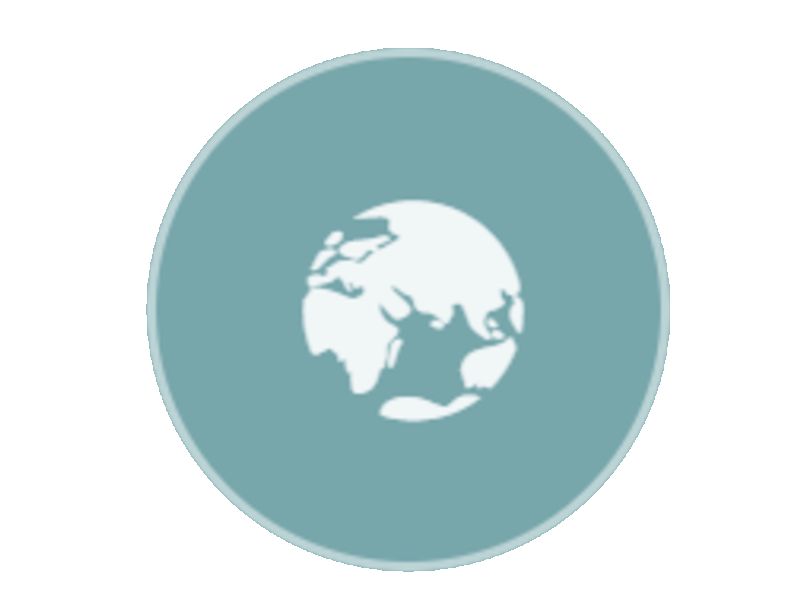
Plastic debris represents 50 to 80% of shoreline debris and plastic items are commonly recorded as some of the most common items collected during beach surveys and clean-up efforts.
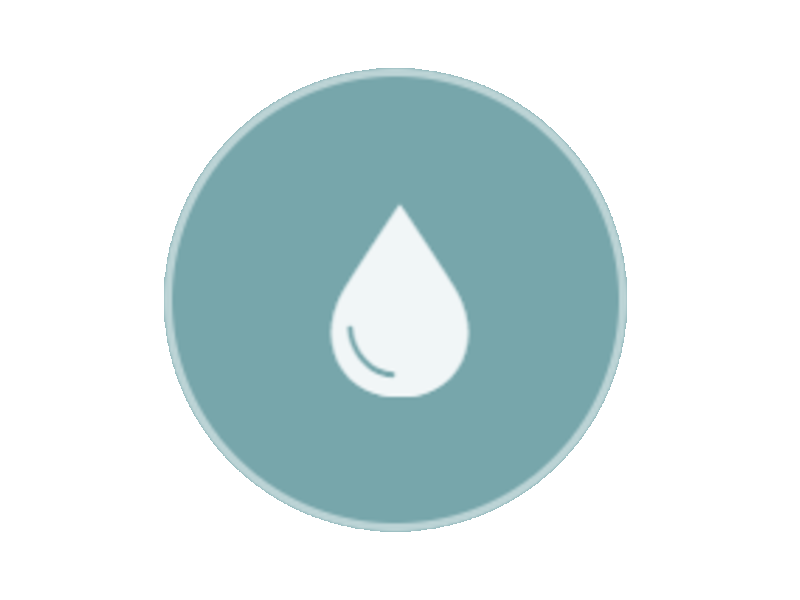
According to Ocean Conservancy, (2012), an estimated 0.5 to 5.9 million tonnes of plastics enters the oceans from sea-based sources every year.
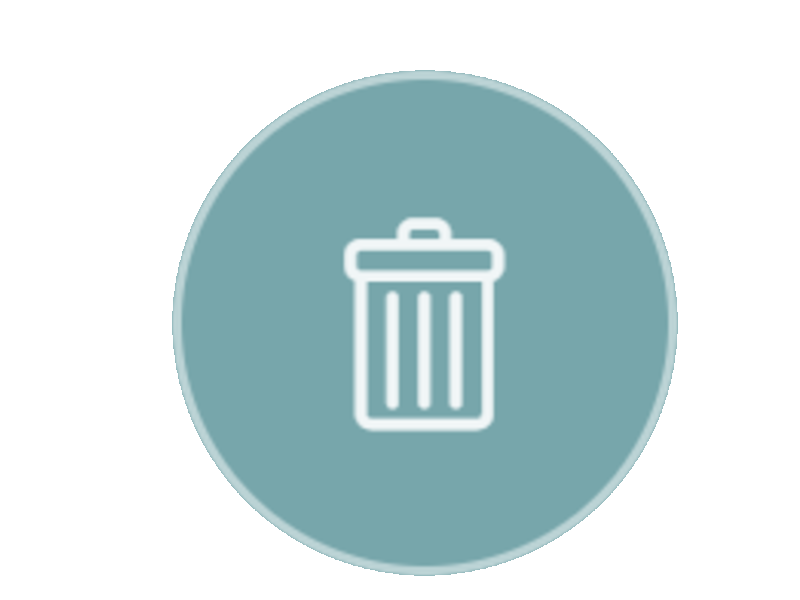
In low income countries, for every metric tonne of uncollected waste near waterways, almost 18 kilograms of plastic enters the ocean – equivalent to more than 1,500 PET bottles.
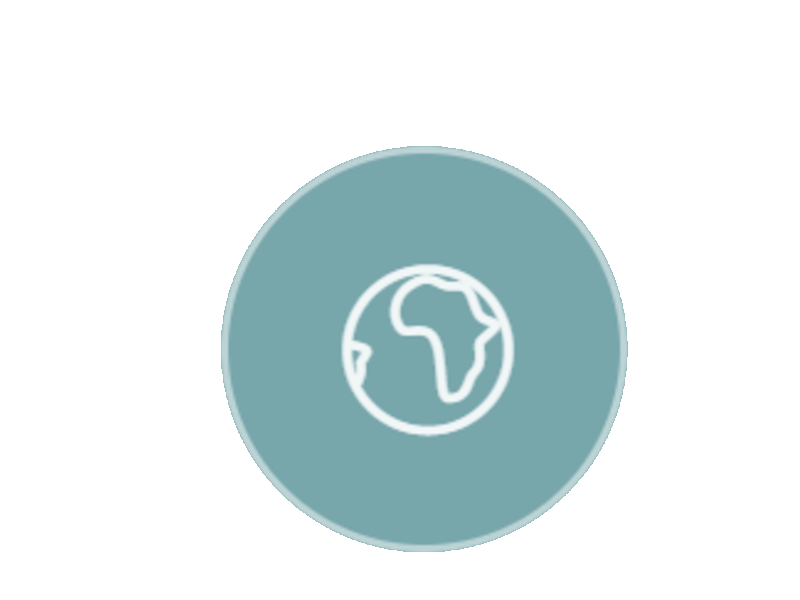
It is estimated that between 1.2 and 2.4 million tonnes of plastic litter currently flows from the world’s rivers into the oceans every year.
“It arrives at a critical moment in history where the global community decided to stand firmly behind a series of Sustainable Development Goals (SDGs), aiming at a better future for the entire humanity and the planet. Indeed, the work intersects major global challenges: how to minimise and eventually stop marine litter (part of SDG 14), whilst addressing the global crisis of inadequate waste and resources management for all (part of SDGs 11 and 12).”
Marine litter is becoming a global challenge similar to climate change. Not only regarding its vast health and environmental impacts, but also because marine litter, exactly like climate change, is the global result of our local actions and inactions.
Our report casts new light on these issues, outlining how sound waste and resources management around the World, and in particular in the Global South, can make a major difference in mitigating marine litter, achieving tangible effects within the near, rather than distant, future – hence, our focus on “Now!”.
If you have issues opening the link above, try the low-resolution version of the report here.
Communications Materials
The following section includes PR media files, which can be downloaded and use in any material concerning ISWA Marine Task Force. Please make sure that you credit the resources accordingly.
You can also direct your communications inquiries to the ISWA Task Force on Marine Litter marinelitter@iswa.org
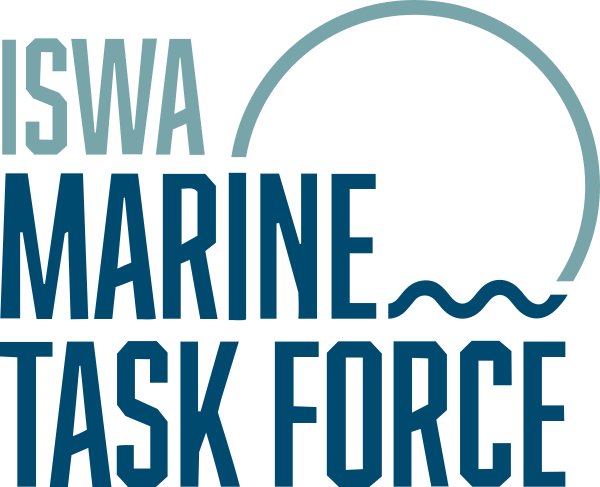
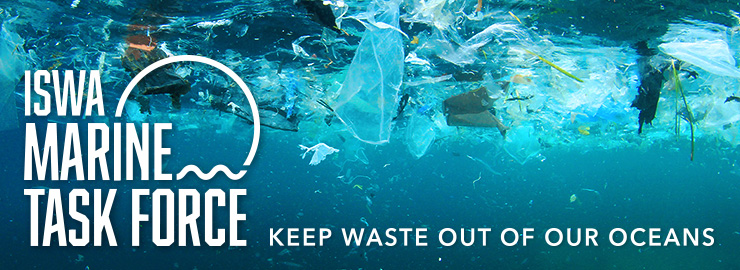
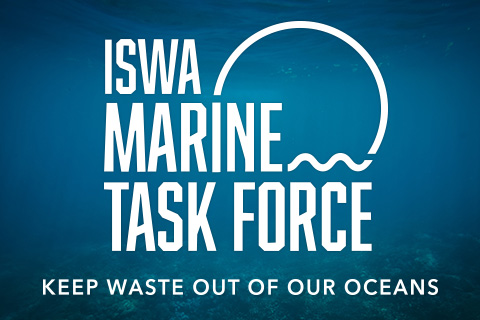
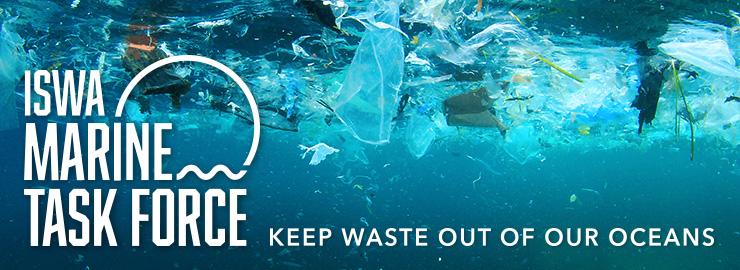
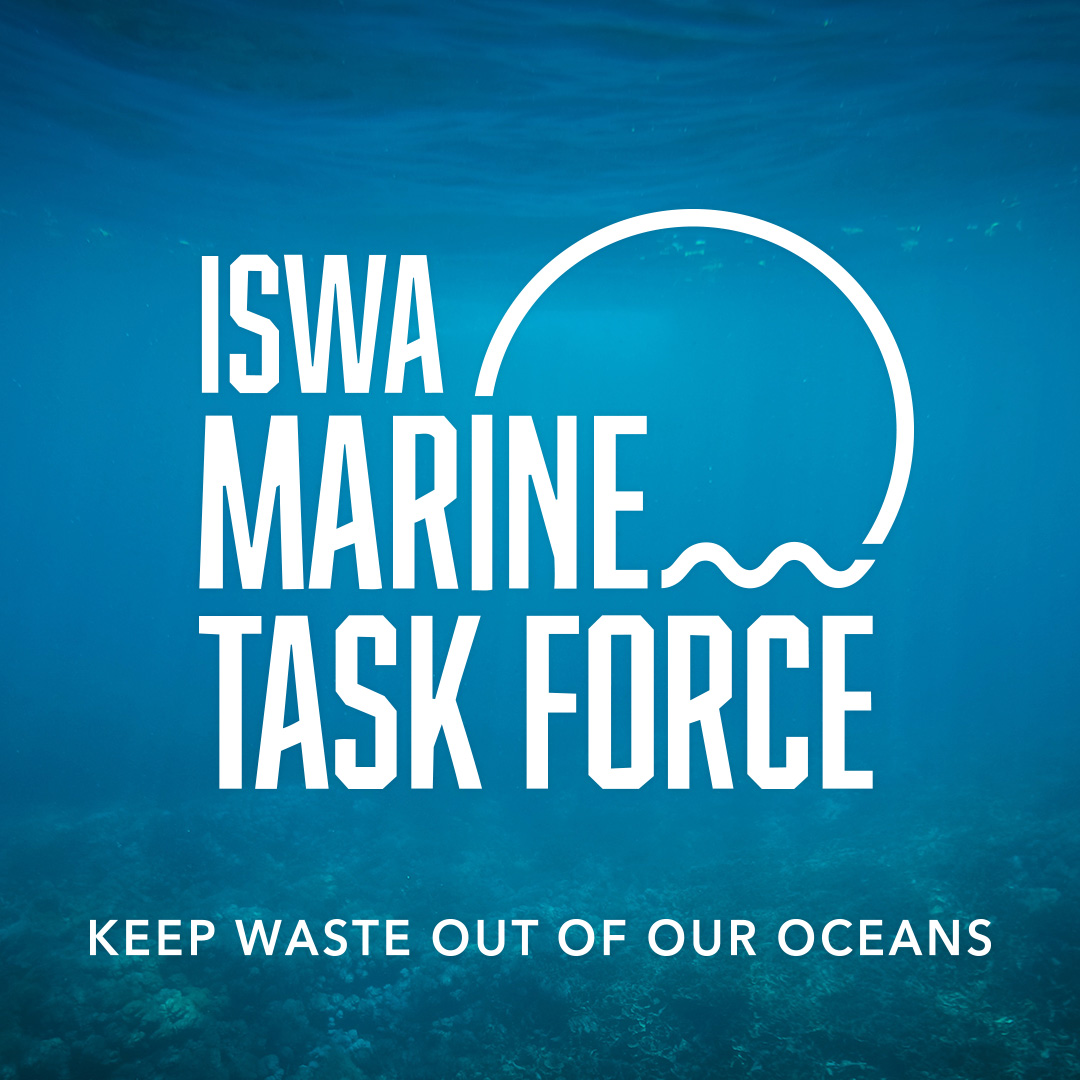
VIDEO GALLERY
Recent publications
Latest news
New Release: Zero Draft of the international legally binding instrument on Plastic Pollution
The zero-draft text of the international legally binding instrument on plastic pollution, including in the marine...
Latest Issue of Waste Management World: Out Now!
2021's final issue of ISWA's Magazine, Waste Management World, is fresh off the press. Full of informative articles...
Upcoming events

Costas Velis
Task Force Leader
View profile
Lecturer at Resource Efficiency Systems at University of Leeds

Gunilla Carlsson
Communications Coordinator
View profile
Public Affairs & Internationella relationer
Contact coordinator
Alan Encinas is happy to answer to your questions. Fill out the form and he will get back to you as soon as possible.


